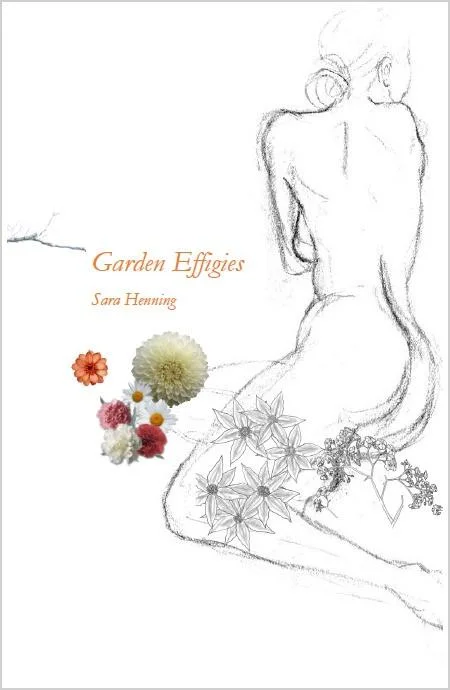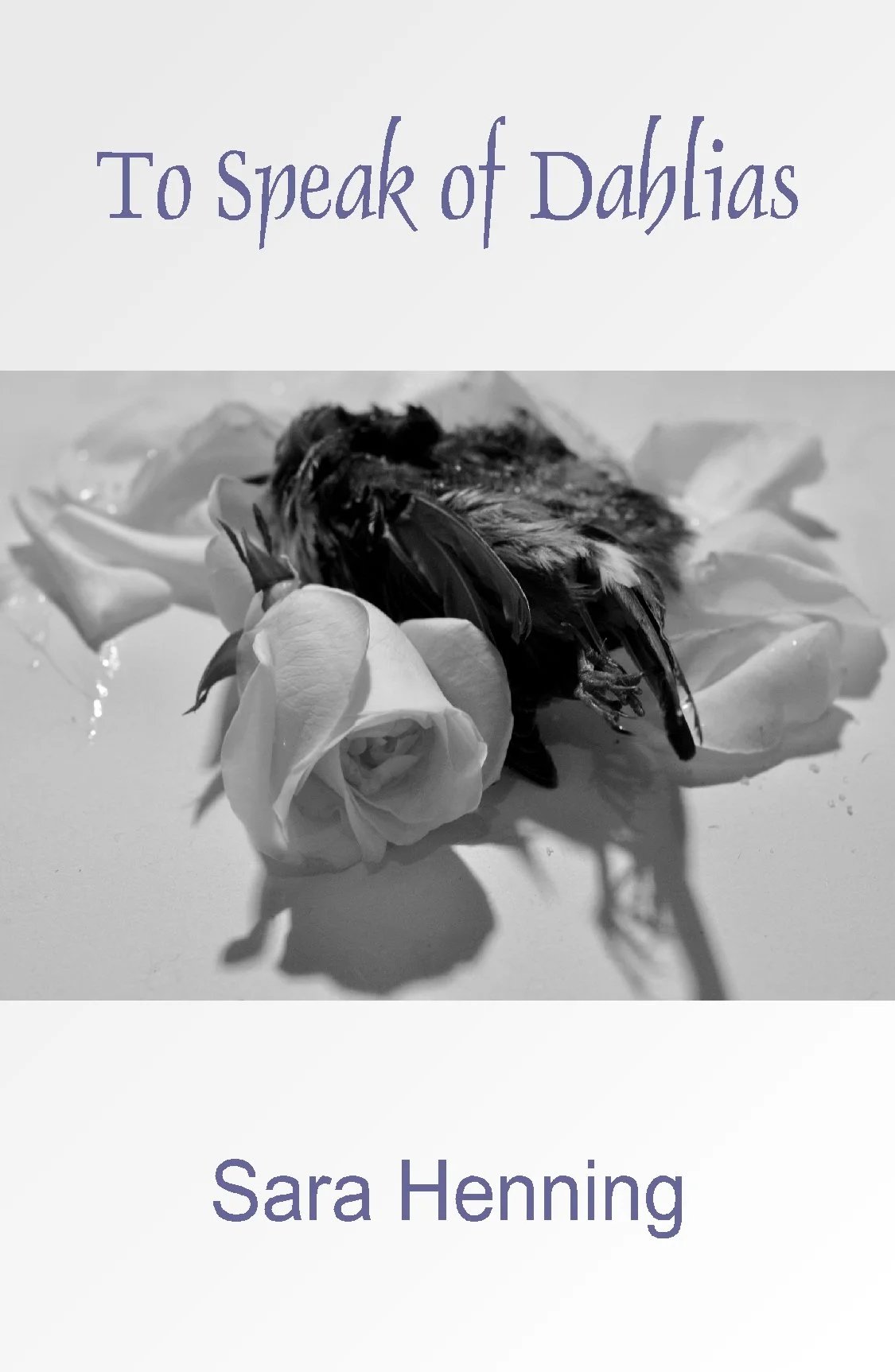Garden Effigies
Dancing Girl Press
“I’m an alibi / for salvage,” Sara Henning proclaims in Garden Effigies. The creatures – human and otherwise – who inhabit these poems are “singed by intimacy” and “stunned by entanglement /or paradox.” Thispoet’s alibis are not denials of presence or involvement, but explorations of how the stories we salvage can be transformed into songs, murmurations, “the most usable truth(s).”
—Grace Bauer, author of Nowhere All At Once
additional Praise
“Instead of paradox, / I’ll horde light, willow bark’s / sap-ridden tenderness,” states the speaker of “Pliancy” in Sara Henning’s haunting new chapbook, Garden Effigies. Henning’s poems whisper secrets to their readers, and impress with their use of both prose lines and deft lyrical stanzas. The characters of this collection inhabit a world of strangeness, desire, and wonder, confronting various types of peril and examining them with a cool eye. Garden Effigies reminds us that chapbooks can be the most powerful collections of poetry: intense, provocative, and surprising at every turn.
—Mary Biddinger, author of A Sunny Place with Adequate Water
The poems in Garden Effigies are as likely to break open like moonflowers or walnuts as they are to “horde light”, an opening and closing the comes like a gasping for air. And it doesn't let up—it “gains luster to fall apart” and sings us a song of mourning so wounded and so sweet, it will not let you go.
—Erin Elizabeth Smith
To Speak of Dahlias
Finishing Line Press
“Beneath the lush and elaborate lyric surfaces of Sara Henning’s poems one finds edgy and haunted narratives. The poems radiate with the uncanny, the dis-ease of a troubling dream, of déjà vu, of clairvoyance. The familiar here is strange, the strange familiar.”
–Eric Pankey
additional Praise
Sara Henning’s To Speak of Dahlias negotiates unspeakable absence through delicately piercing explorations of what still is, what is no longer, and what is on the way to becoming and/or not becoming. In equal parts a sorrowful elegy for terrible loss and a gorgeous paean to evanescence, these poems are gloriously attentive in their joyous hungers for the fleetingness of each moment, both lovely and harrowing in their interrogations of memory, and intellectually relentless in the questions they raise about the mysteries of body and spirit. Art, the self, and the natural world are shattered and pieced together again, made and unmade, broken down and transformed. Henning’s poems are heartbreaking in their longing to recover that which is lost and all that we continue to lose, yet this longing is so fierce and bright that we cannot help but feel ravished by the abundance of all that we have in front of us.
—Lee Ann Roripaugh, Author of On the Cusp of a Dangerous Year


